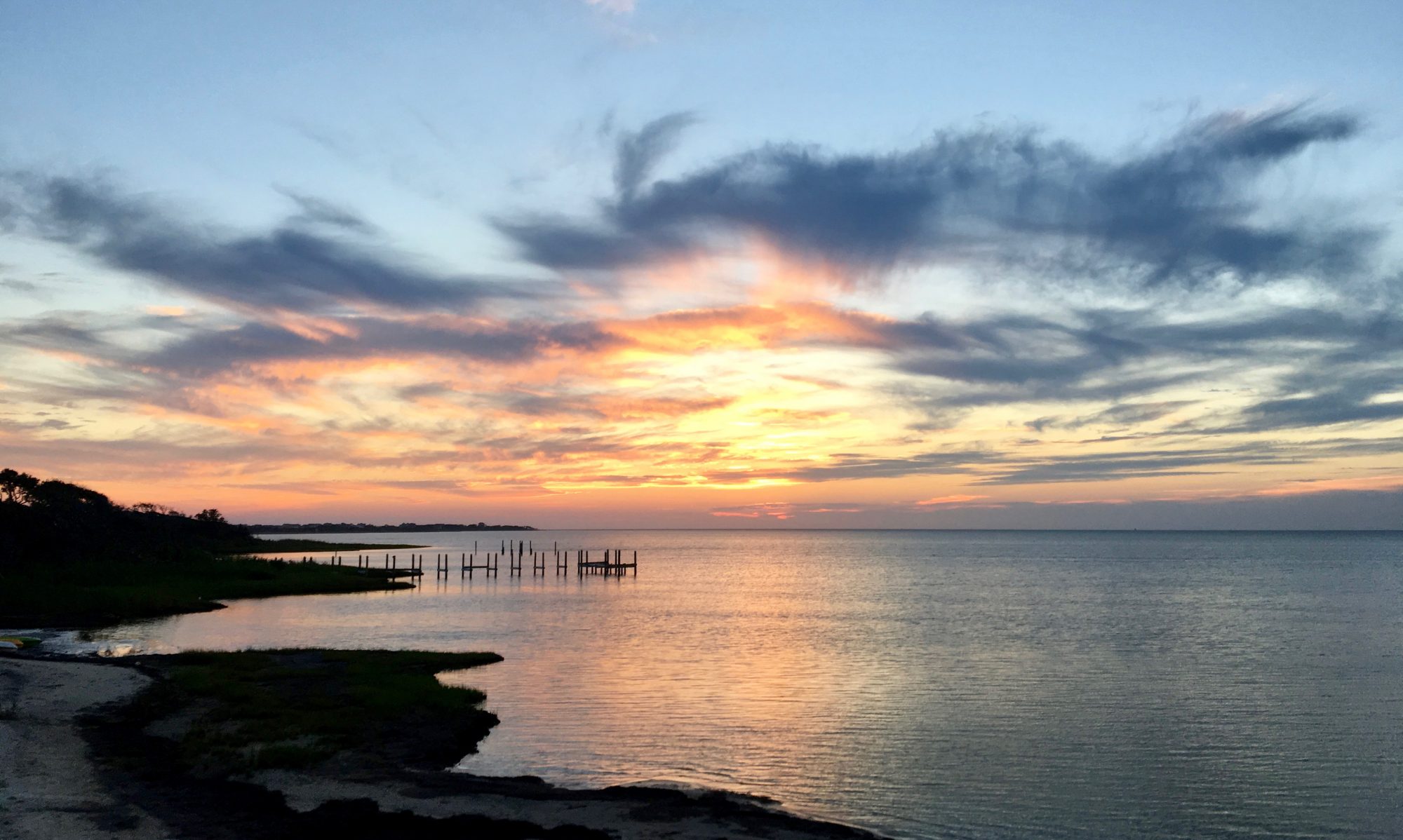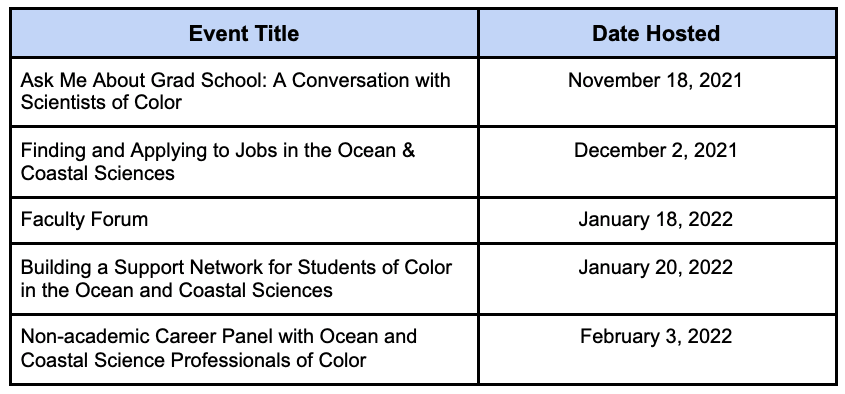By Ellis Kalaidjian and Ashley Gordon
Coastal communities are experiencing more intense storms under a changing climate—this past Atlantic hurricane season was the third most active in recorded history, hosting one of the five costliest hurricanes to impact the US. Future storm impacts are predicted to be exacerbated by continued sea-level rise and population growth along coastlines, combined with climatic changes breeding favorable environmental conditions for the development of more frequent intense storms. Building coastal community resilience is thus continually placed on local, state, and federal agendas, and it served as the subject of the Coastal Society’s (TCS) Coastal Connections session, held on October, 21, 2021. A recording of the session is available here.
TCS President, Steve MacLeod, initiated the session by familiarizing attendants with TCS and the Coastal Connections web series and then inviting attending Board Members to introduce themselves. The session was moderated by Kim Grubert, Project Consultant on the Sustainability, Energy, and Climate Change team at WSP USA, Inc. and TCS Chapters Committee Co-Chair. Presentations were then given by the following panelists: Erik Heden, Warning Coordination Meteorologist at the National Weather Service Forecast Office in Newport/Morehead City, NC, and Jill Gambill, Coastal Resilience Specialist at University of Georgia Marine Extension and Georgia Sea Grant.
Erik Heden provided an overview of the National Weather Service’s (NWS) extensive community outreach initiatives. NWS organizes hurricane outlook talks with core partners that provide information on potential hurricane impacts. During Hurricane Preparedness Week in May, NWS conducts outreach that includes messaging related to developing an evacuation plan, assembling a disaster supply kit, and getting flood insurance (more information is available at https://www.weather.gov/wrn/hurricane-preparedness). NWS also organizes outreach talks for schools and community groups that offer safety information related to rip currents, floods, lightning, and hurricanes. Mr. Heden also touched on the efforts of the NWS Newport/Morehead City office, which coordinates with NC Sea Grant to provide information related to sea-level rise and potential impacts. Specific outreach requests include providing talks for military professionals related to hurricane preparedness and outreach booths at community events. New outreach efforts include NWS hurricane community forums (in-person and virtual) that focus on sharing key preparedness messages and the Weather Ready Nation Ambassador program to support community engagement. NWS Tropical SKYWARN and Integrated Warning Team training are also available. For more information on flood risk and outreach efforts, visit weather.gov.
Jill Gambill discussed NOAA Georgia Sea Grant’s efforts related to coastal resilience planning for coastal storms and sea level rise. In coastal Georgia, more than 10 inches of sea-level rise has been measured at the NOAA Fort Pulaski tide gauge since 1935. Tide gauge data supports that the frequency and magnitude of flooding in coastal Georgia are increasing, and the regional rate of sea level rise is accelerating. Sea Grant is working to increase community capacity and mitigate risk to natural hazards. Current Georgia Sea Grant efforts include diversifying their workforce, progressing equitable access to resources and decision-making processes, and seeking community input on communicating flood risk. Georgia Sea Grant, with funding from NOAA’s Weather Program Office and in collaboration with the NWS, is developing virtual reality simulations of structural flooding from storm surge. The platform also provides methods to explore the benefits of different mitigation measures, such as elevating a home or purchasing flood insurance. Ms. Gambill also highlighted the importance of considering environmental, economic, and social benefits of community projects and provided an example of urban tree restoration efforts in Savannah that have multiple benefits of flood reduction, heat reduction, workforce development, and youth engagement.
To continue the TCS discussion of climate change challenges for coastal communities, our next Coastal Connections session will be focused on sea level rise. The Coastal Connections discussion will be held on Wednesday. March 30th from 3-4pm Eastern. Join us to learn about trends in sea level rise, considering recent data in comparison to the geological record, and participate in a discussion about sea level rise impacts on coastal resources and general mitigation approaches. Featured speakers include:
- John Englander, Oceanographer/Author
- Molly Mitchell, PhD, Research Assistant Professor at Virginia Institute of Marine Science
Following presentations, attendees will have the opportunity to ask questions and share their own expertise in a moderated discussion. To participate in this free event, please register on Eventbrite at the following link: https://tcs-coastal-connections-web-meeting11.eventbrite.com


